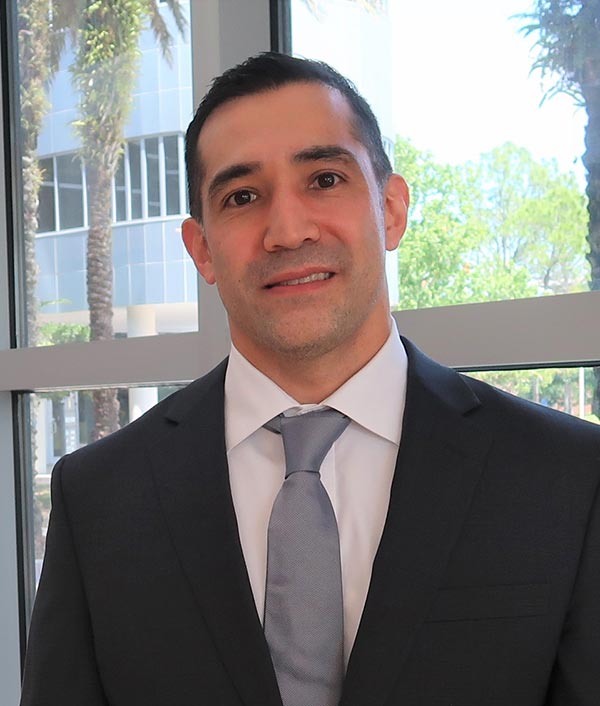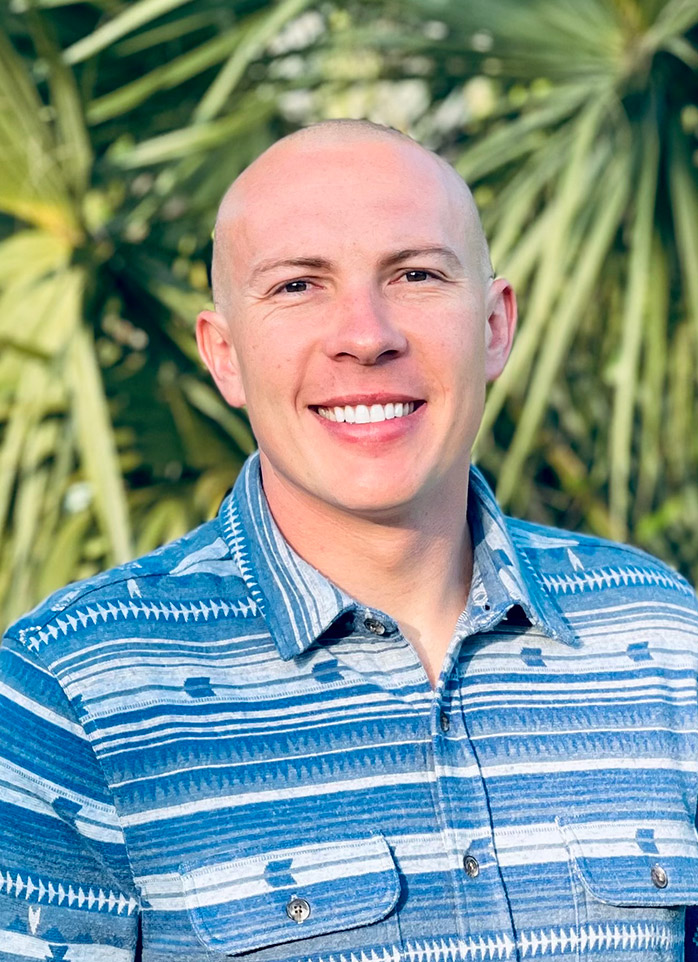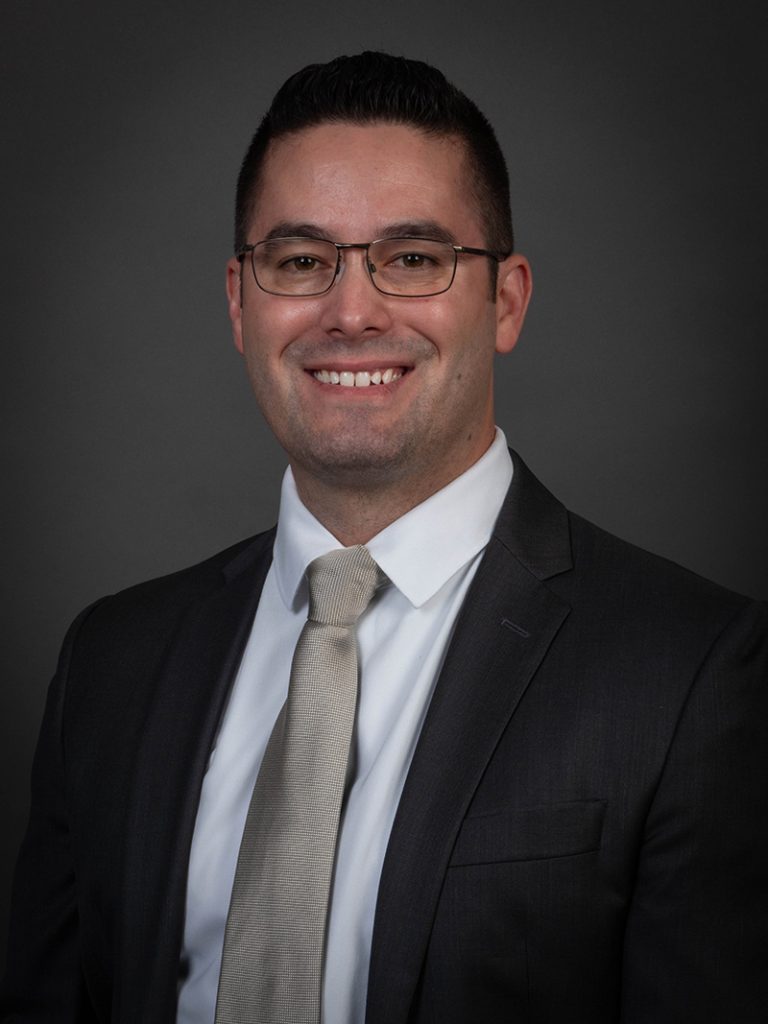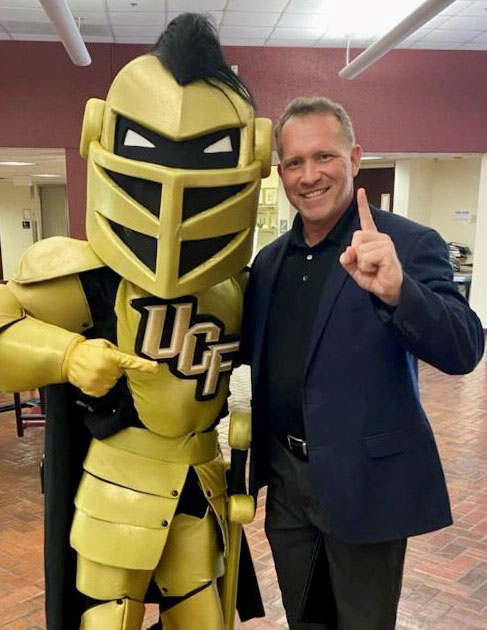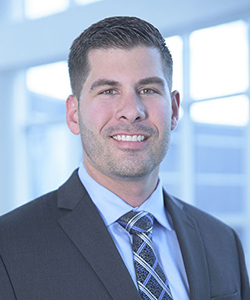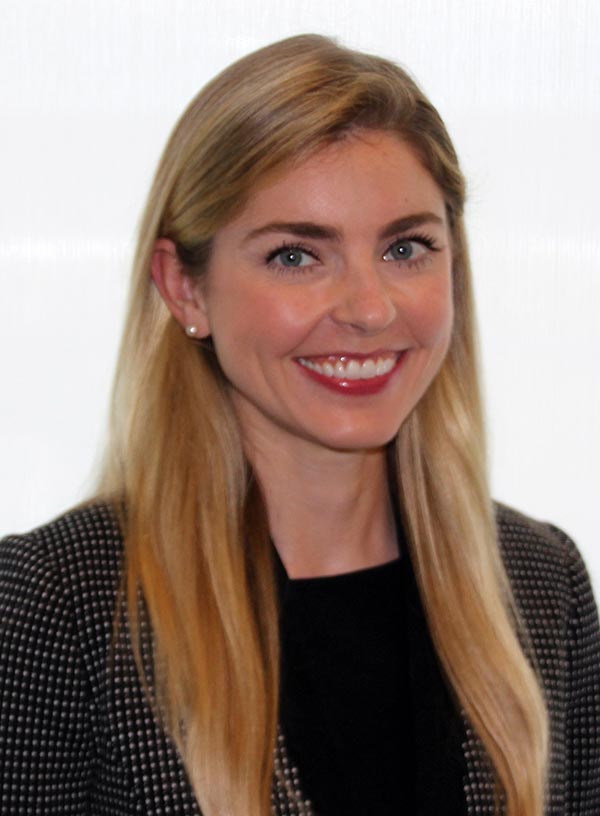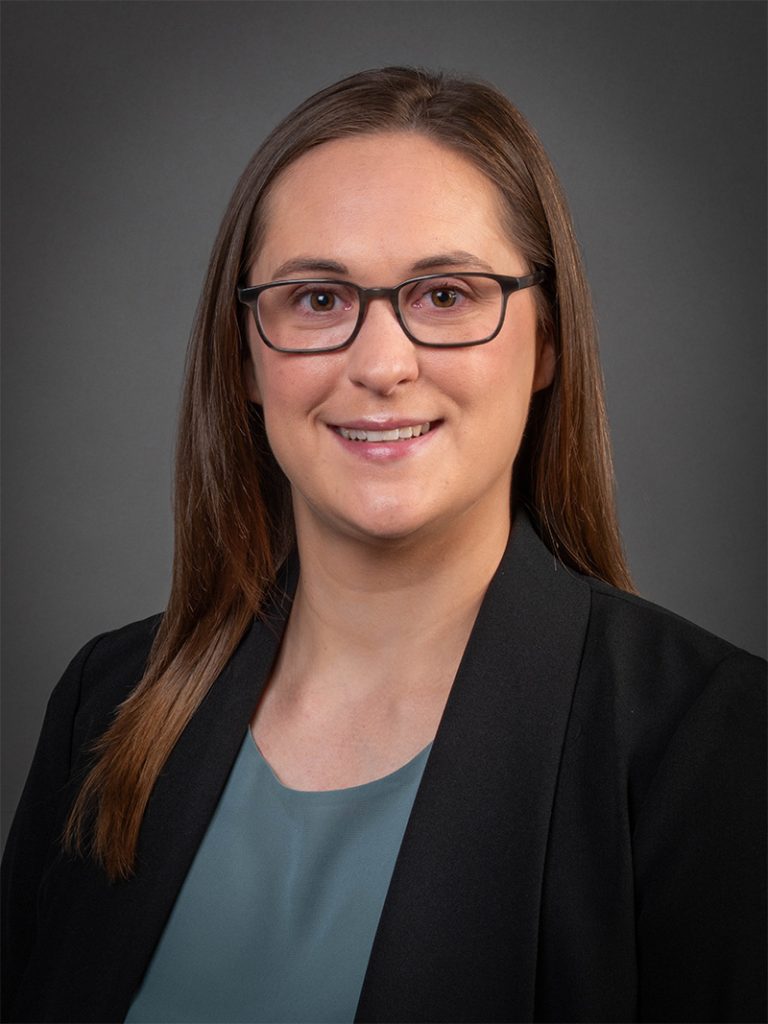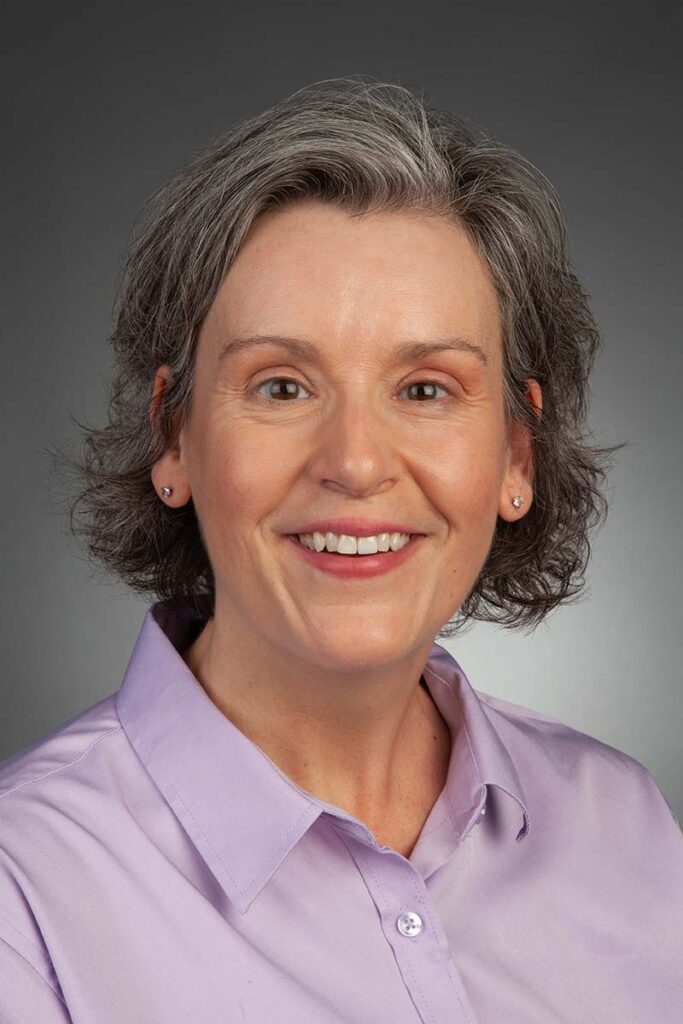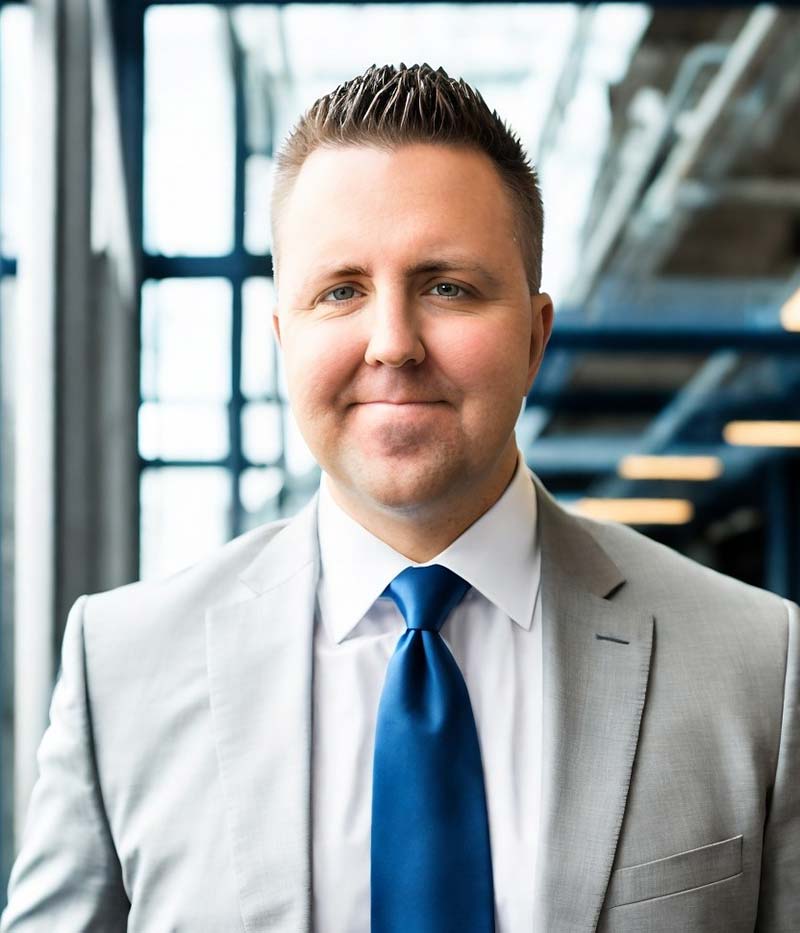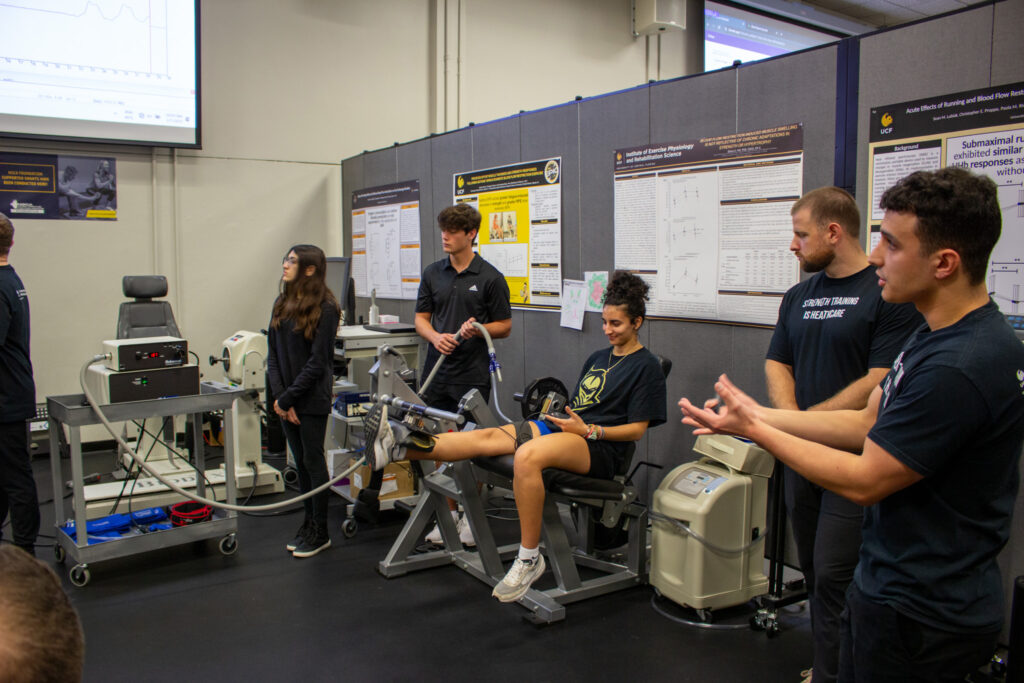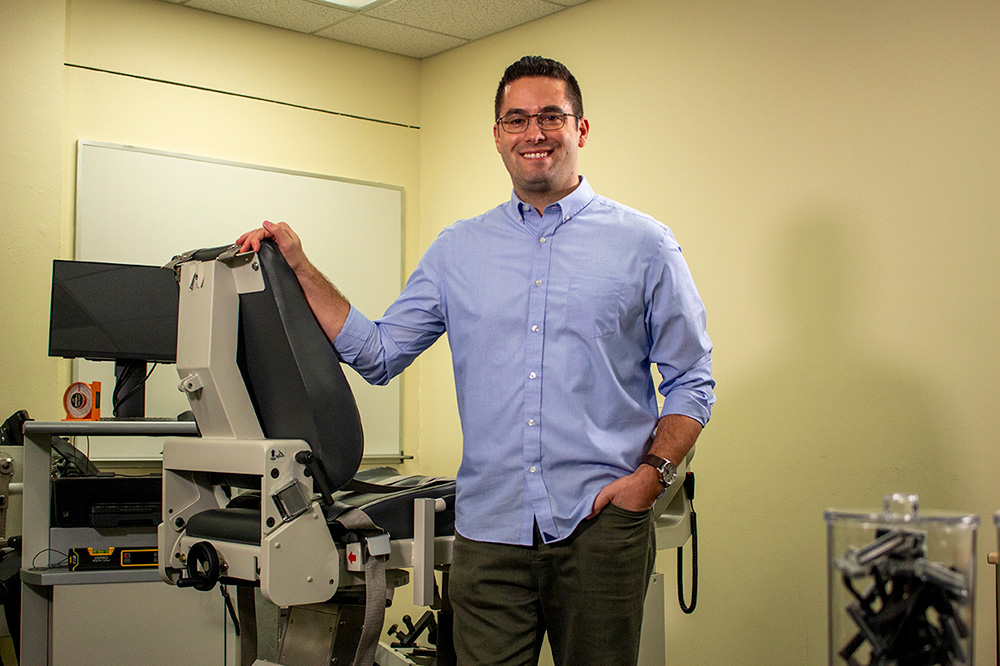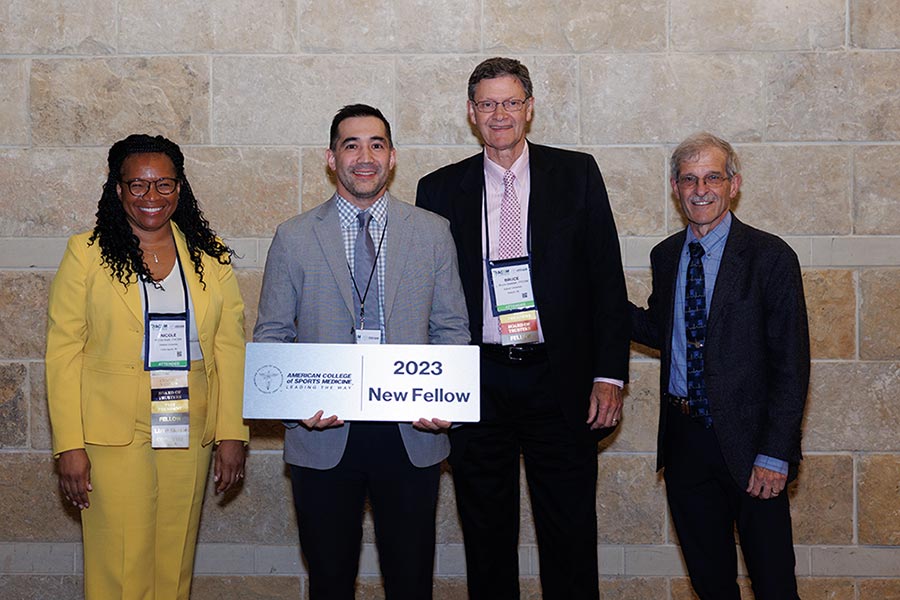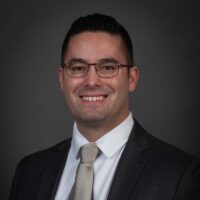Kinesiology, PhD
UCF Division of Kinesiology
Advance the knowledge of human movement by becoming a kinesiology researcher, sport scientist, educator and/or professional leader
The purpose of the Kinesiology, PhD program is to develop the next generation of teacher-scholars and professional leaders to advance the broad discipline of kinesiology through exploration of human movement, applied physiology, sports performance, sports medicine and clinical rehabilitation. Students will become proficient in conducting research, while interpreting and applying their findings in order to impact professional practice.
The Kinesiology PhD program requires a minimum of 63 credit hours beyond the master’s degree. Students must complete 36 credit hours of foundational research core courses, 12 credit hours of specialization elective courses, and 15 credit hours of dissertation after being admitted to candidacy. Advancement to candidacy and completion of dissertation hours requires support from a qualified faculty mentor.
Looking to get your Ph.D. at UCF?
Conducting Cutting-Edge Research to Advance the Understanding of Human Movement
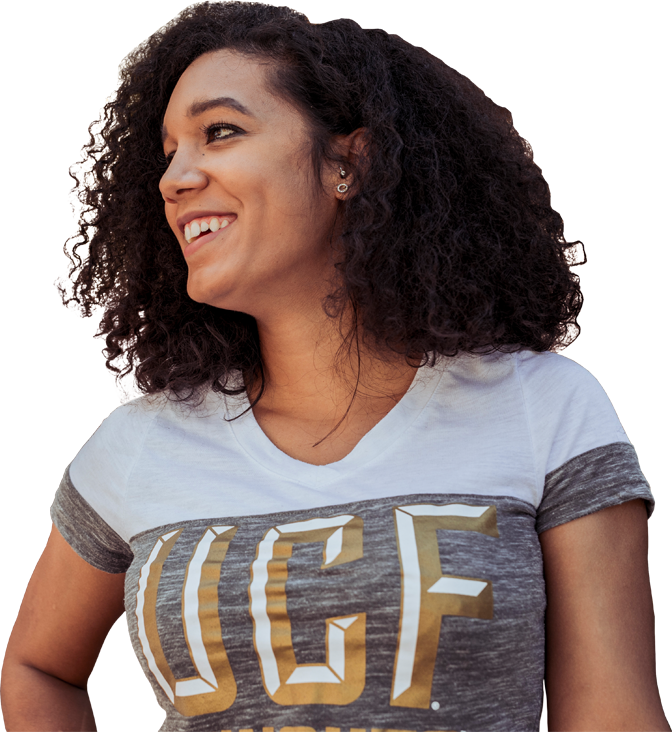

Top 10 doctoral program rankings (relative to size) by the National Academy of Kinesiology in 2015 and 2020.
UCF's PhD in Kinesiology program has had a 100% job placement for graduates since 2011.
The kinesiology field is expected to see 10-20% employment growth over the next decade.
MEET YOUR CORE FACULTY
Get Hands On Learning
We offer a wide variety of research labs and opportunities to support our mission:
Exercise Physiology & Mechanistic Interventions
Investigation of individual responses and adaptations to training across diverse populations — including fatigue thresholds, neuromuscular function, metabolic responses, and sex specific adaptations to exercise.
Performance Enhancement & Sport Science Applications
Research on improving athletic performance, including analyses of body composition, performance testing methodologies, supplements, recovery strategies, and movement mechanics such as martial arts and soccer-specific performance.
Movement, Injury & Rehabilitation Science
Exploring neuromuscular assessments, biomechanics of movement, orthopedic injury mechanics, and clinical rehabilitation strategies aimed at enhancing recovery and preventing musculoskeletal injuries.
Exercise Across the Lifespan & Aging
Focused research on age related physiological trends, resistance training for aging populations, weight management, lifelong physical activity, and training the trainers in sport and exercise science.
Translation & Intervention: From Lab to Practice
Strong emphasis on translational and applied research facilitated by state of the art facilities and collaborative efforts through the Institute of Exercise Physiology and Rehabilitation Science and community partnerships.
Institute of Exercise Physiology and Rehabilitation Science
The institute supports mechanistic and translational research by faculty members and students in the school’s Division of Kinesiology, Division of Physical Therapy and Athletic Training Program. The institute also partners with colleagues from the College of Health Professions and Sciences and Academic Health Sciences Center to contribute to the research mission of the university. With its current resources and faculty expertise, the institute has a broad capacity to advance the fields of exercise and rehabilitation sciences.
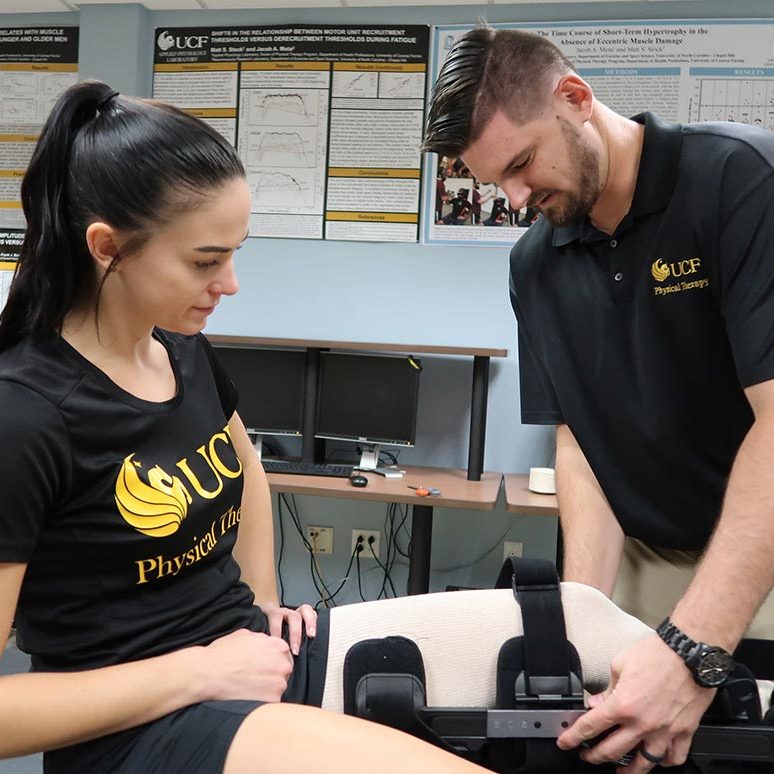
National Conferences
The institute proudly presents at numerous national conferences.
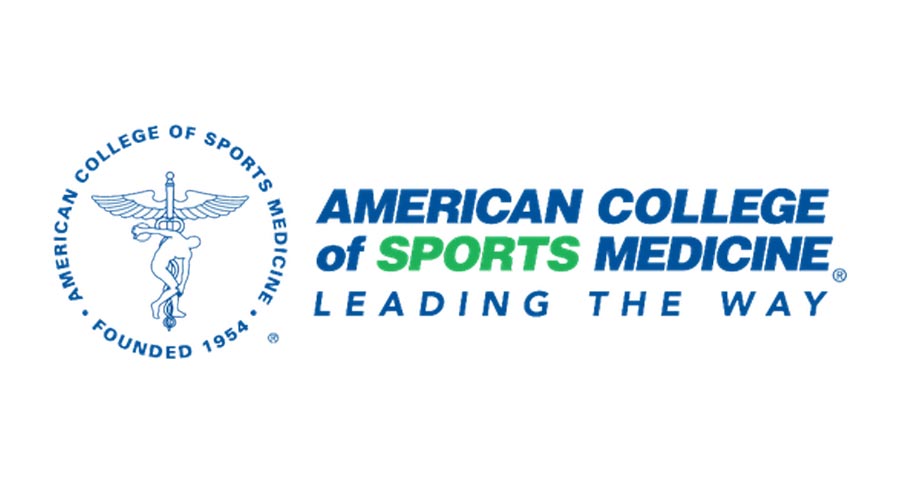
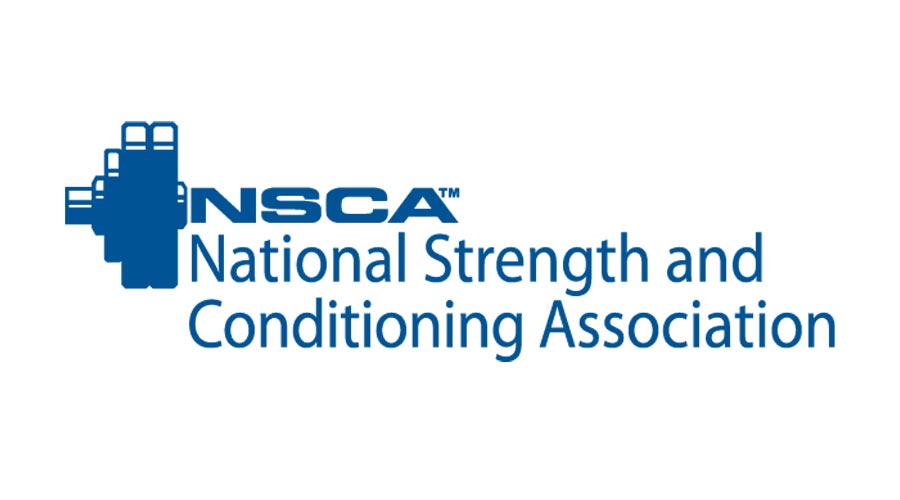

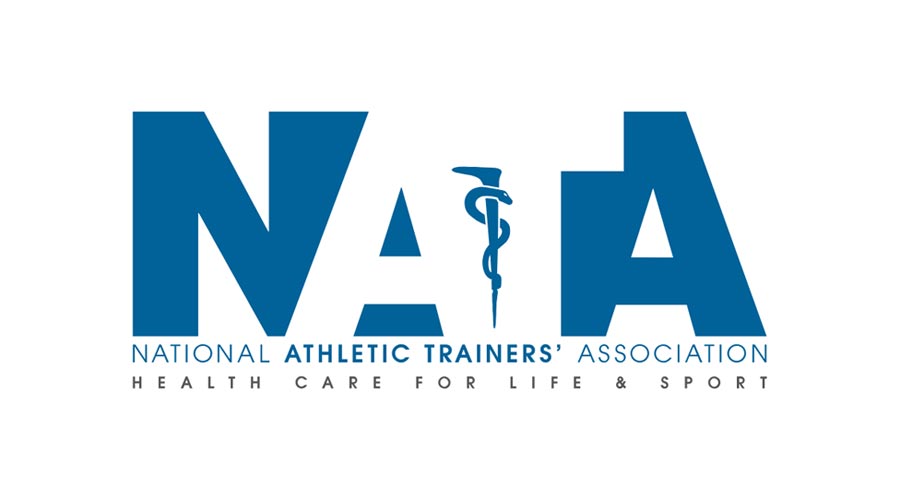
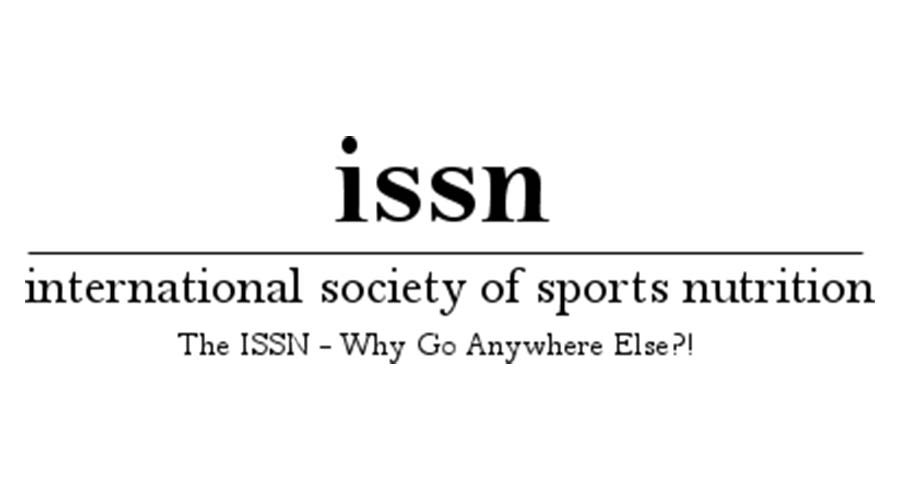
Ph.D. Program News
Frequently Asked Questions
For specific admission requirements, please visit: https://graduate.ucf.edu/application-deadlines-and-requirements/
The GRE is not required for admission into this program.
Please visit: https://graduate.ucf.edu/international-applicants/
A master’s degree in a closely related field and master’s level competency in research and statistics.
Research experience, prior publications, and/or completion of a relevant thesis project are desirable as these experiences assist with preparation for the Kinesiology PhD program.
Enrollment in the program is considered a full-time commitment and students typically complete the program in 4 years.
You can check the status of your application anytime online at myUCF. If you have questions regarding submitted materials, please contact the College of Graduate Studies at 407-823-2766 or gradadmissions@ucf.edu.
Estimated school costs are posted on the Office of Student Financial Assistance website. https://studentaccounts.ucf.edu/tf-tuitionratescurrent/
The Kinesiology PhD program requires a minimum of 63 credit hours beyond the master’s degree. Students must complete 33 credit hours of foundational research core courses, 15 credit hours of specialization elective courses, and 15 credit hours of dissertation after being admitted to candidacy.
Potential applicants are encouraged to familiarize themselves with the research being conducted at UCF and contact faculty with similar areas of interest. Our college has a published list of research participation opportunities: https://healthprofessions.ucf.edu/research/studies. If you filter by Kinesiology or Exercise Physiology and Rehabilitation Science, you’ll see those specific to our labs. Prospective students should connect with core or affiliated faculty.
Typically, only those applicants with funding support are admitted to the Kinesiology PhD program. Graduate assistantship positions in the Division of Kinesiology are generally allocated through specific faculty and there is limited availability, which makes the process of securing them highly competitive. The best approach is to reach out directly to core and affiliated faculty members that you might be interested in working with and see if they have any availability.
